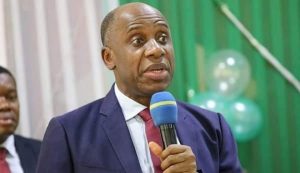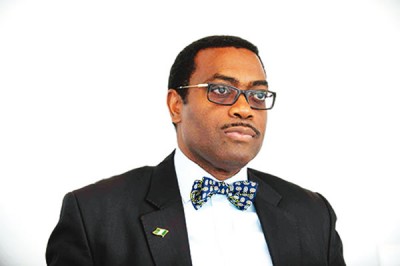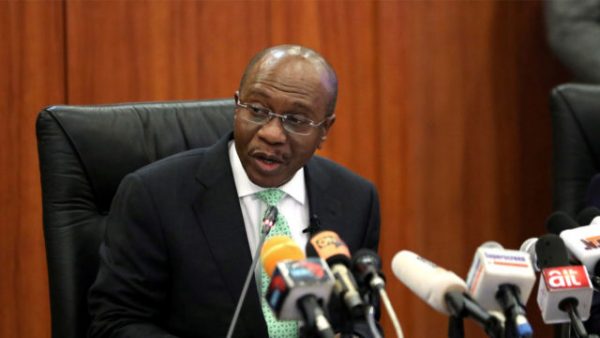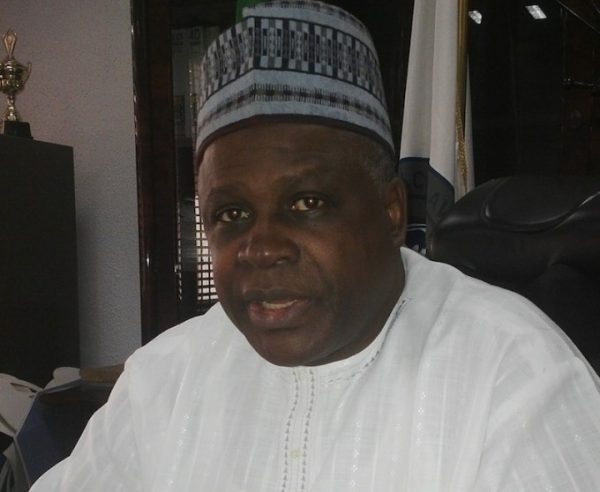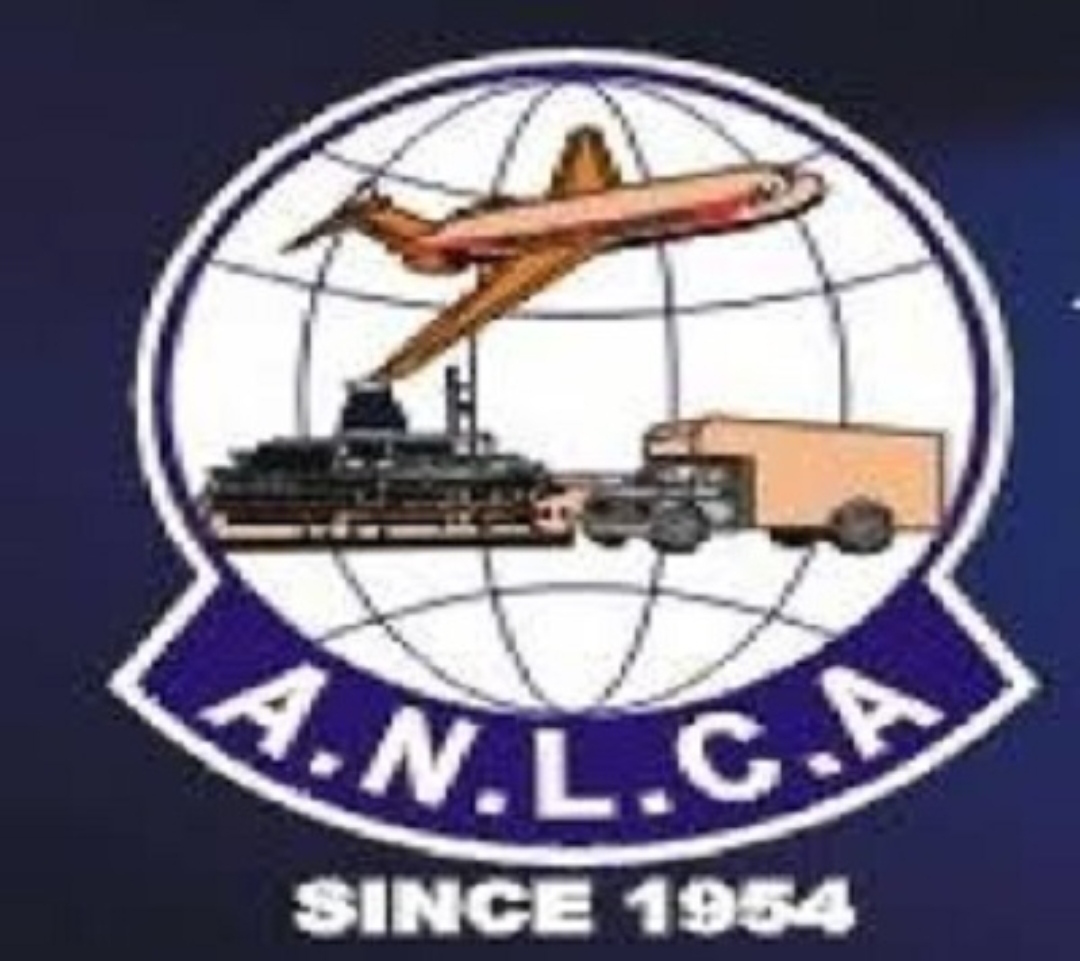Maritime Security, Corruption Could Deter NPPM Implementation – Nwabunike

By Kenneth Jukpor
As the Nigerian port community braces itself for the implementation of newly launched Nigeria Port Process Manual (NPPM), the President of the Association of Nigeria Licensed Customs Agents (ANLCA) Mr. Tony Iju Nwabunike has called for adequate maritime security and zero tolerance to corruption to make the process work.
Recall that the Minister of Transportation, Hon. Rotimi Amaechi hosted maritime stakeholders in a meeting on the implementation of newly launched NPPM, last week.
While the NPPM was conceptualised to promote transparency, accountability, predictability and eradicate corruption in the port system, the ANLCA boss stated that isn’t the first time the sector is having laudable concepts on paper on how best to harvest benefits from our ports.
His words: “My about three decades of operation and full time presence in our maritime environment confirms that we have ideas and know the good things to do to become great, but we allow narrow minded interests and in some cases, corruption to reign over our good intentions.”
“This has had its toll on the safety of crew, cargoes and vessels transiting within and around our maritime domain thereby entrenching a controversial identity of a viable maritime country with unsafe waters on us.”
“Crew members of some foreign flagged waters sailing through the Gulf of Guinea and in some cases Nigerian waters have either been kidnapped or killed during attacks on vessels.”
“These incidents, which threatens commercial shipping activities on our waters have earned us a badge of notoriety among our peer maritime nations which we must seek lasting solutions to, as a matter of urgency.”
Noting that the causes of maritime insecurity in the Gulf of Guinea (GoG) are multiple and multilayered, and they are manifest in violence, corruption, and in communities that resort to any means available to improve their circumstances—even if through illegal trade, insurgency, or piracy, he stressed that it is worrisome that the GoG where Nigeria holds a great stake, accounts for 95 percent of maritime kidnappings in the world.”
“Nigera is the largest trading entity with the biggest stake controlling over fifty percent of the total maritime trade volume in this area and by default has become the quick to mention country whenever GoG insecurity issues are raised,” he said.
He recalled the July 2020 incident where eight pirates armed with machine guns boarded a product tanker underway around 196 nautical miles southwest of Bayelsa, Nigeria. They held all 19 sailors onboard hostage, stole ship’s documents and valuable items, and escaped with 13 kidnapped crew members.
“While we were seated in Abuja, discussing the NPPM, some fishing companies were in mourning mood in Lagos as two seafarers were reportedly killed, as daredevil pirates attacked and boarded a fishing trawler within the Escravos in Delta State.”
“The fishing boat simply identified as MV. Ft Rose lll and owned by Atlantic Shrimpers Limited was said to have been attacked on 30th of January 2021. The two sailors unfortunately lost their lives in the attack at about 6a.m local time , while other crew members aboard the vessel sustained various degree of injuries,” he queried.
On the menace of corruption, he stated that accessing the ports and physical examination instead of using scanners have been lucrative areas of corruption and inefficiencies in Nigeria’s port system.
“One finds it difficult to understand why we allowed such unproductive methods to thrive for many years. We can only imagine our losses as a country from this high degree of complacence considering that concealments could escape detection by physical modes during examination and time spent to physically examine 5 containers could be used to examine 100 containers when you apply the right machines and human capital expertise.”
“The disjointed approach to common technology based interface like single window platforms and Nigeria Integrated Customs Information System (NICIS II) makes government agencies work at cross purposes. There was the controversy of NPA and Nigera Customs Service flexing powers on whose side the single window system should be domiciled,” he said.
He also lamented that several government agencies are laying ambush to seize released containers from the ports after it was assumed to have participated in joint examination before such containers exited.
“Bottom line outcomes of these disjointed approach to port processes was that money found their way into private pockets and prohibited goods may have entered the country while government lost revenue leaving the country with additional economic, social and security challenges,” he argued.
While condemning plans by Lagos State Government to restrict movement of trucks to certain periods of the day as counter productive to the dream of achieving 24 hours port operation and a more robust economy, he commended NPA’s move to introduce electronic truck call-up system at the ports.
“Emphasis should rather be on upgrading the support infrastructure like roads, power supply, bridges and ancillary services to support existing logistics like the laudable Bola Tinubu Truck Park.”
“If the Nigerian Port Process Manual (NPPM) must be seen as a document of high value beyond the paper on which it was printed, it’s initiators and drivers must continually practice an all inclusive implementation mode devoid of personal ego or one government organisation trying to assert superiority over the other,” he added.
